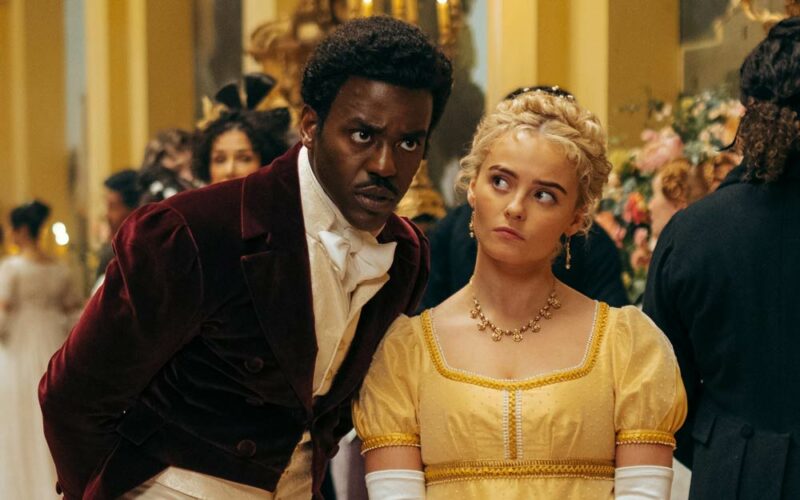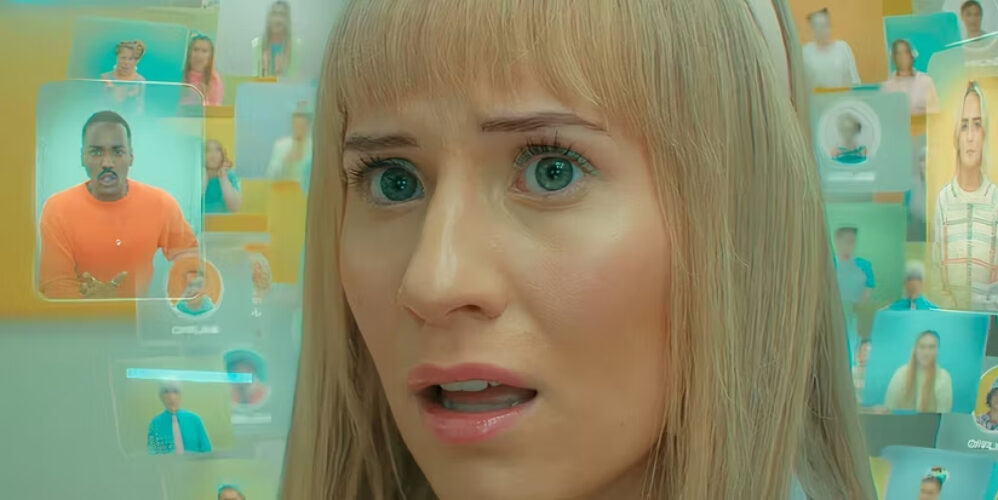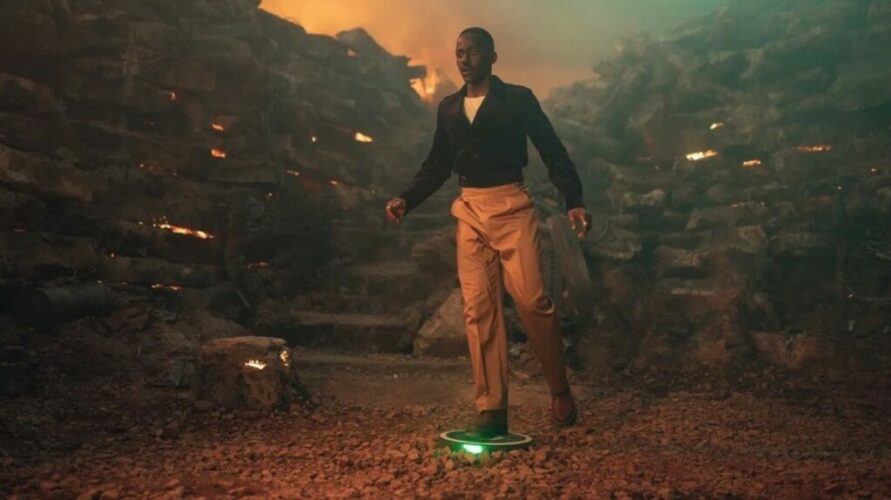You Were Expecting Someone Else: The Good Doctor

For once, then, the spinoff media feel like a plausible hope of quality. Of course, they exited the Moffat era in dire shape. Big Finish’s failures scarcely neet further elaboration, while the novel line spent a decade in gradual decline under the stewardship of the same guy who’d been editor for The Ancestor Cell. This meant that we were never going to see some Whittaker Era in Exile that offered a credible double to the main era. But it didn’t preclude outbreaks of quality. This was, after all, the line that had previously hired Michael Moorcock and Stephen Baxter. Good things could still happen.
And certainly the hiring of Juno Dawson qualifies. A successful young adult writer who penned This Book is Gay to the outrage of the good homophobes of Wasilla, Alaska before publicly transitioning. She is, in other words, the sort of author you’d actually expect a healthy Doctor Who novels line to commission: a reasonably hot writer who’s a big enough fan to be amused by the opportunity. (Dawson offers fond childhood memories of Time and the Rani, which is one of the most delightfully idiosyncratic versions of that anecdote as Doctor Who writers go.) This book was an unequivocal good sign in a year that had plenty of bad ones.
Because quality is an annoyingly foregrounded issue in this era, we may as well establish up front that this is pretty good. Dawson gets how to do this. The Good Doctor sits up there with Demons of the Punjab and, more cursedly, Kerblam! in actually providing a notion of how this could ever have worked. Which is a key piece of work for the long run accomplished. When some idiot in twenty or thirty years decides there’s room to do another big sprawling Doctor Who overview, The Good Doctor will play a key role in establishing the dissident “good” version of the Thirteenth Doctor era that got reconstructed in hindsight.
But that’s going to require hindsight. At the time of writing—early March, 2023 for the first draft of this—the Thirteenth Doctor era still stands out for having the absolute lowest number of decent stories of literally any era of Doctor Who. In part this is because of the dearth of spinoff material—there’s only a handful of other Thirteenth Doctor books besides this one, as once Richards retired from managing the line it largely withered, and so the era is still entirely dependent on the televised version, in much the same way that your only real options for non-televised Colin Baker stories in 1987 were Slipback and the Doctor Who Magazine comic. So while there clearly is a working model of Whittaker’s Doctor to concoct out of this, that doesn’t at present actually constitute a generally functional Whittaker era in the same way that early Big Finish did for Colin Baker.
So how did Dawson accomplish this? Well, the cynical and not entirely satisfying answer is that she did it by simply inventing the era from scratch.…









